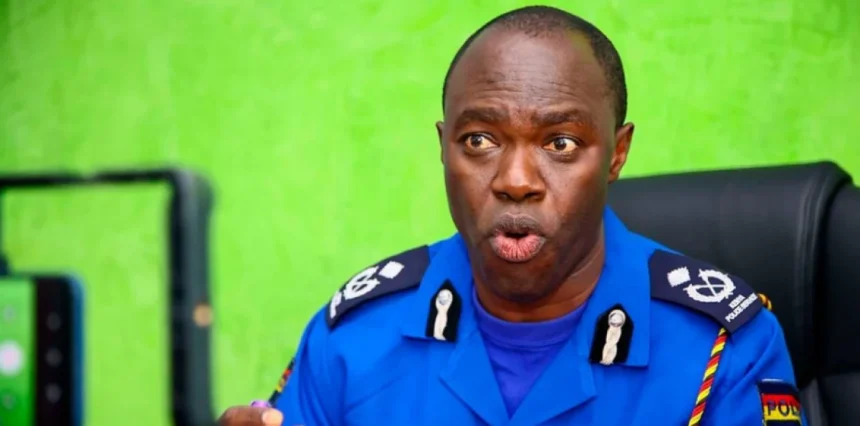The National Police Service (NPS) is on high alert to avoid publishing false or inconsistent reports of incidences, particularly those concerning persons held in custody for various reasons.
Its spokesperson Michael Muchiri made the declaration after a public uproar from the initial police report regarding the death of Voi-based teacher and blogger Albert Ojwang.
The initial account stated that Ojwang’ had hit his head on the wall of his cell resulting in his death whilst he was being held at the Central Police Station in Nairobi.
This was later dispelled by a post-mortem report which revealed that Ojwang’ died had severe head injuries and suffered neck compression and multiple soft tissue trauma, pointing to a possible assault by police officers.
Muchiri in a Thursday interview with Citizen TV stated that the initial publication released by the NPS was false and that it was rectified, with the Inspector General of Police Douglas Kanja issued an apology on the same.
“We accept that the initial report published was false but we’ve since rectified it and the Inspector General issued an apology for that error,” said the police spokesperson.
Muchiri further revealed that they noticed inconsistencies with the reports that came from the Central Police Station.
He however noted that the initial report was raw but the subsequent report provided more clarity and squared out the inconsistencies surrounding the turn of events leading to Ojwang’s demise.
“When the report came and we reviewed it, it’s true we saw inconsistencies. However, that was the report in raw form from the station (where Ojwang’ was held)”, noted Muchiri.
“However, there’s a subsequent report that comes after to correct the inconsistencies from the raw report.”
He said the service is on high alert to avoid landing themselves in hot soup with false or inconsistent reports in the future.
“Following the initial report, we’re now on high alert to avoid future publications of false or inconsistent reports,” said Muchiri, adding that they are working to restore public trust that is on the verge of complete erosion in the wake of other incidences of police brutality and death or assault of suspects in custody.
“We as a force accept that there have been incidences that led to the loss of public trust but I’m here to assure Kenyans that we are working on restoring the trust,” said Muchiri.
Concerning subsequent action and the handling of deaths of persons being held in police custody, Muchiri reiterated that the duty shifts from the police force and in the hands of the Independent Policing and Oversight Authority (IPOA).
“Anything in relation to the death of a suspect in custody is not police duty from then on, but a duty to be undertaken by the IPOA”, noted Muchiri.



